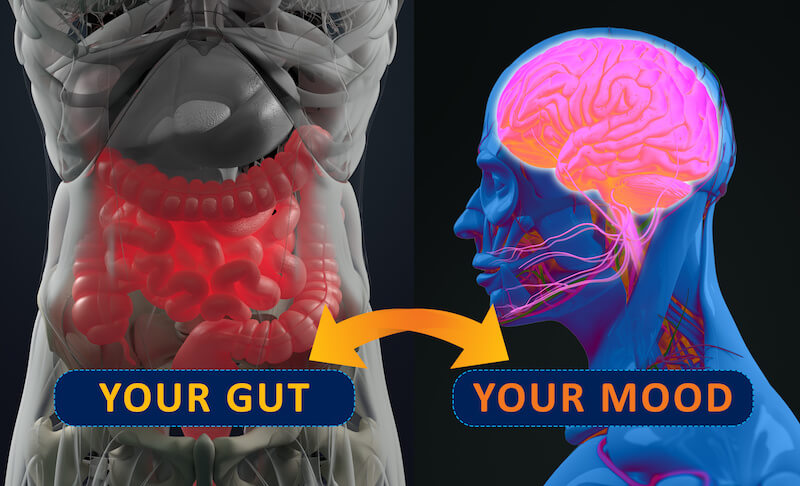In the Creyos Health Assessment I send clients, there’s a Grammatical Reasoning task. You need to work out the meaning of verbal statements, and then determine if they are true or not. The score provides a scientific measure of how well you combine verbal abilities with reasoning skills to solve problems. Some people find the task simple, but for others, the task can be quite challenging. Changes to nutrition, sleep, fitness and stress can improve your score however.
The Grammatical Reasoning task was first developed to measure the mental capabilities of divers. Divers often show signs akin to drunkenness after swimming to extreme depths. In fact, you can observe impairments in Grammatical Reasoning from depths of around 30 metres. In an interesting twist, it would appear that it isn’t only depth or compressed air responsible for impairment, but the stress of being at sea as well. Click here to watch Adrian Owen, chief scientific officer – Creyos Health, explain the science behind Grammatical Reasoning.

Why Test Grammatical Reasoning?
Verbal reasoning is associated with mental health factors, like stress, and extends to anxiety and depression. Recently, Goodall et al. (2018) found that depressed youth consistently scored lower in verbal reasoning tasks. The conclusion: “the findings support the need to consider neurocognitive functioning when treating youth with depression.” Poorer attention, verbal memory, visual memory and verbal reasoning skills are also identified in youth with depression.
We all have a subjective idea of how our brains are doing. For instance, what’s your definition of ‘fine’ compared to mine? Some days you might experience “brain fog” but, on other days, feel like you can conquer the world. Just how much better are we on those good days? Can health and lifestyle changes making a difference? That’s where the Creyos Health Assessment is really useful, it helps quantify those subjective feelings. It enables us to determine what is supporting us on the good days so that we can have more of them.

Where does this fit with Nutrition?
We don’t pay much attention to our brain but our cognitive health affects all areas of life. Every second of every day. When our brain is performing, every activity in our daily life is just easier. Such as remembering where you put your mobile phone or planning the layout of your new room. What’s more, the brain and bowel (‘The Second Brain’) are in constant dialogue, they are intrinsically linked. For me, the CBS Health Assessment is a useful indicator also of your underlying gut health.

Scientifically-validated, the measures help me assess, monitor, and manage core areas of cognition to tailor every nutrition programme. What’s more, you get a fuller appreciation of how changes in nutrition, exercise, movement, sleep, social engagement can improve your overall health.


